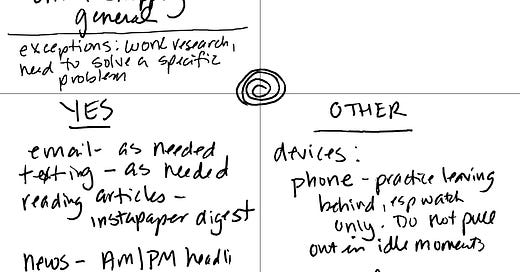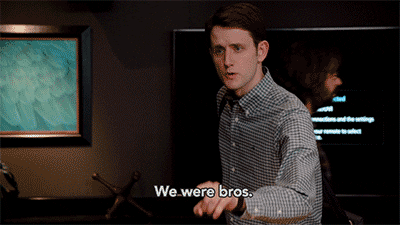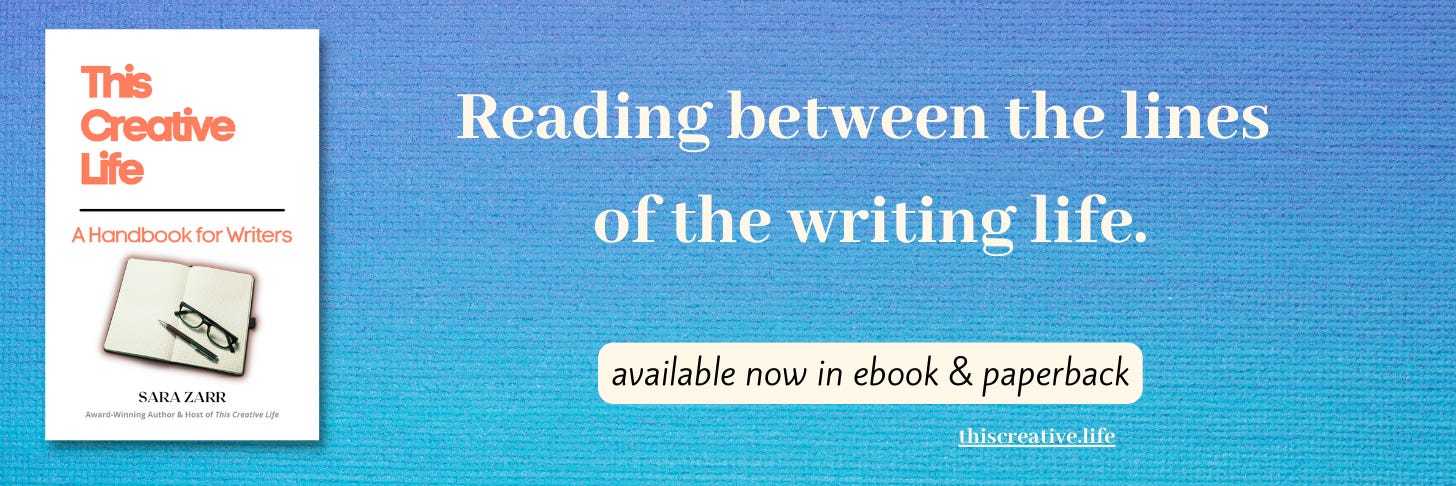I just finished taking a full month off of Twitter and Instagram—without cheating!—and am thinking if/how to reintegrate that into my life. When I started, I didn’t really plan it out. I only knew I was very short on mental peace in a way that was affecting my ability to do what I wanted to do.
Then right toward the end of my month, I came across Cal Newport’s book, Digital Minimalism: Choosing a Focused Life in a Noisy World. I resisted reading it because I have some feelings about Newport. I’ve read some of his other work and I think it’s sound, but I have a host of one-sided beefs, entirely in my head, with many dudes in the life-hacking space.
Annnyway, I got the book from the library and though I stand by my “this could have been an article” take, I am finding it helpful. His “digital declutter” (as the first step toward digital minimalism) basically formalizes what I’ve already been doing for the last month. Also, it offers some additional ways of thinking about how and why to be extremely thoughtful about what technologies we let into our lives.
Writers can feel stuck between a rock and a hard place when we think about managing the use of what Newport would define as “optional technologies.”
On the one hand, we’re constantly hearing we have to have a platform. Not just a platform, but an active platform. Engagement! Views! Likes! Shares! We are up against the algorithms, after all, and if we’re not consistently hustling across various platforms, how will people know our work exists? This concern is not made up.
On the other hand, we know that good writing requires unfragmented focus. Imagination needs space to roam. We need to be able to do our own work without the ever-present knowledge about what our peers are doing, because we tend to compare, and tend to come up short. (Truly—does anyone play the comparison game and always come out on top?) This, too, is real.
So what could a digital declutter and a digital minimalist approach look like for us, given these conflicting realities?
It’s all about Step 1 of the declutter:
Define your technology rules. … Use operating procedures when confronting a technology that’s largely optional, with the exception of a few critical use cases. These procedures specify exactly how and when you use a particular technology, allowing you to maintain some critical uses without having to default to unrestricted access.
That’s how Newport puts it, though he certainly did not invent this concept. I imagine many of you have done this yourself in various ways in different seasons of life, like I have. Old habits do tend to creep back, though, which is why I think it’s valuable to read a book like this—or like The Shallows or You Are Not a Gadget or any other book that reminds us technology is not neutral.
Taking time away from the habitual use gives you a chance to really think about how and why you want to use whichever platforms you want to use. My break was about my official author social media accounts and the desire for more privacy. I was still going down YouTube and Wikipedia wormholes, lurking anonymously on Reddit, and watching some TikTok. So, it was not a full digital declutter.
Because I’m a little obsessive and want to reap the full benefits of implementing a minimalist approach this fall, I’m going to go ahead and do another month, this time including the platforms I didn’t do last time. Here’s my draft of operating procedures:
My “critical use cases”:
Because I have already been off IG for a month and it’s my preferred platform on which to “be an author,” I’m allowing use 2x a week for a limited time—specifically for making posts and looking at friends’ stories (as it’s the only linear way to see what they’re up to).
I’m currently revising a novel and have several article pitches out there that would require some research, any platform I need to use for research is allowed for strictly that. That includes personal use, such as researching how to fix my toilet or bathe my cat, etc.
Slack is how I don’t lose my mind working home alone most of the time, but I’ve taken it off my phone and iPad.
Speaking of decluttering, I’ve been selling off a bunch of clothes on Poshmark. I’m not interested in browsing and buying there, so it’s not an issue.
I’ll be doing this second 30-day round for August. Who’s with me?
🕸️ Preeti Chhibber, episode 78, has a new book out this week! Spiderman’s Social Dilemma is in stores now.
🌐 Speaking of algorithms, check out Kyle Chayka’s latest writing about all that.
✏️ Want some help with your book this fall? Work with me!
This Creative Life is a book, a newsletter, and a podcast from me, Sara Zarr, about reading between the lines of a writing life. The newsletter and podcast are free; buying the book helps support them and me. You can also make one-time contributions if you like. Check out the options under Support at thiscreative.life. Sharing the newsletter is also a great way to keep it going!








One other challenge I took part in the past--a "no buy" three month challenge.
Don't buy clothing/shoes/accessories, use the groceries in house, etc.
I did buy fresh eggs, milk, butter--no shelf stable staples.
I recently purchased basic underwear and some shift dresses. Thus, I'm going to clean out the closet of clothing that doesn't fit. When I lose weight, I'll buy a new core mix & match collection.
I've started following authors on Bookbub and unsubscribing from newsletters. Yours is still in the running. Loved this post. I've a book I'm editing with my editor's direction--cold molassas slow since the advice was to make shorter lists, alphabetize, and add pictures. So I guess I now have a half finished beta version--when I thought it just needed a little tweeking.
Going to go through my closets again--try shopping your closet. If you wouldn't buy the item again then let it go!